What is SDA?
SDA Overview
Specialist Disability Accommodation
Specialist Disability Accommodation (SDA) refers to housing that is
specifically designed to support individuals with extreme functional
impairments or high support needs due to their disability.
SDA is a key component of the National Disability Insurance Scheme (NDIS)
in Australia, aiming to provide suitable and accessible living
arrangements for people with significant disabilities. SDA properties are
purpose-built to meet the unique needs of residents, incorporating
features such as wheelchair accessibility, assistive technology, and
specialized design elements that cater to specific disabilities.
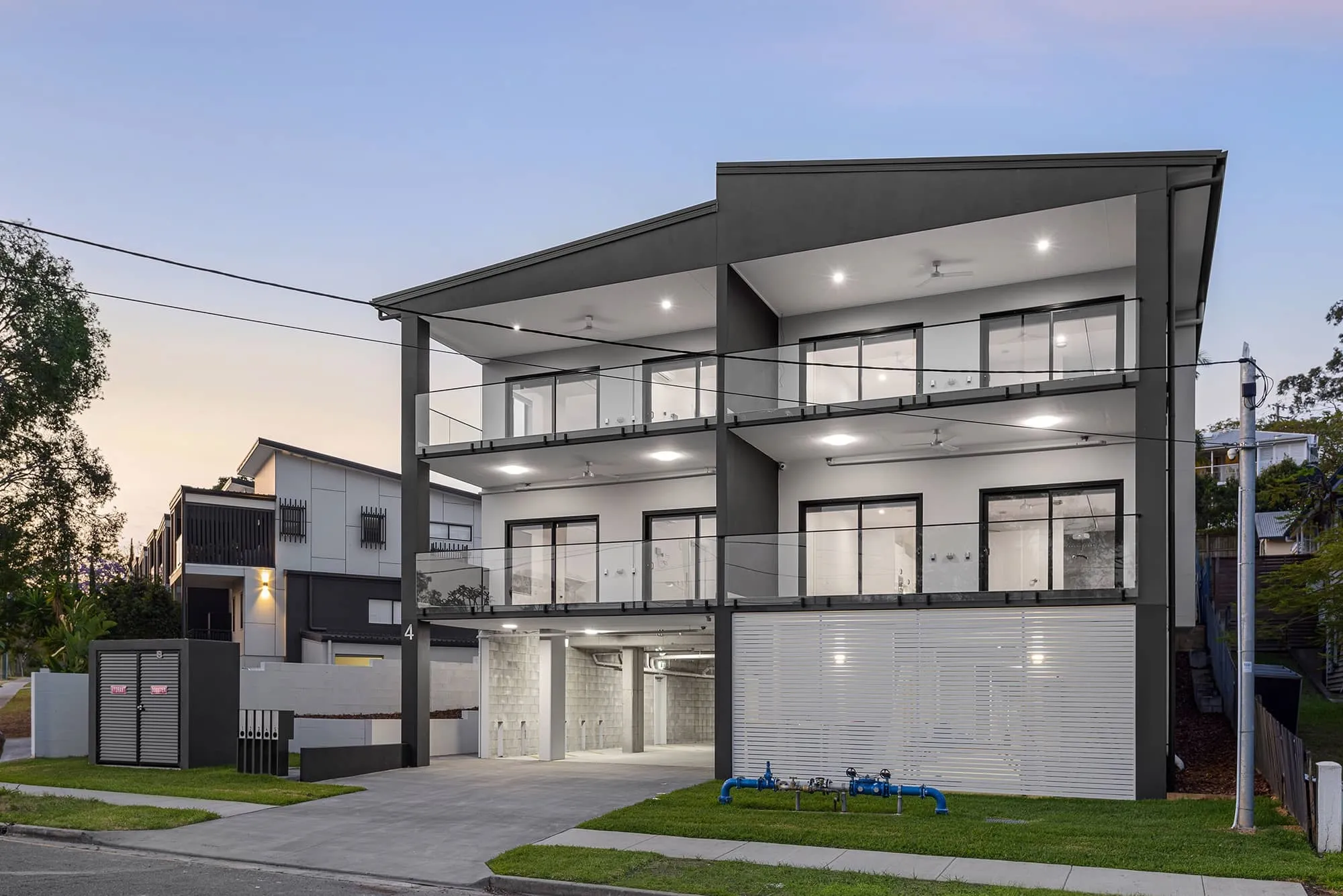
Benefits of SDA
Advantages & Opportunities
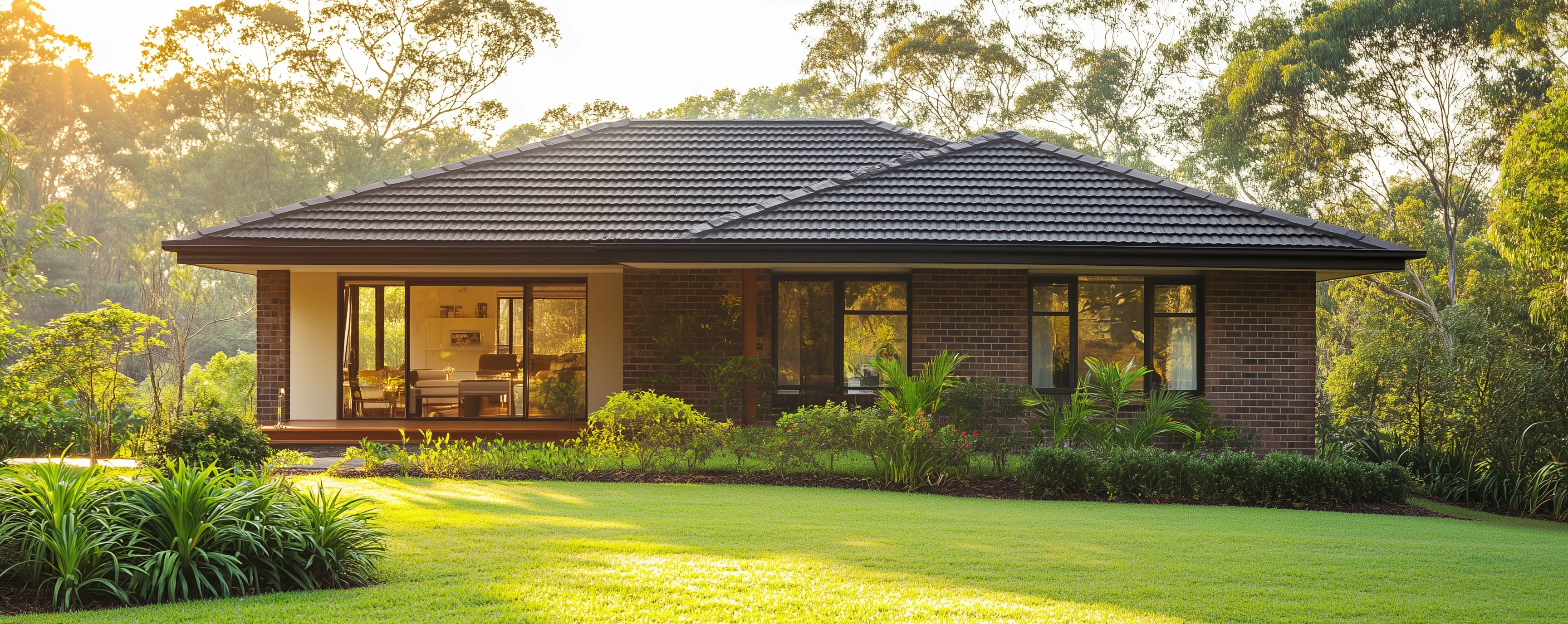
Specialist Disability Accommodation provides numerous benefits to residents, including enhanced independence, improved quality of life, and access to tailored support services. These accommodations are designed to cater to the unique needs of individuals, ensuring they live in a safe, comfortable, and supportive environment.
Specialist Disability Accommodation not only offers physical support but also fosters a sense of community and belonging for residents. These environments are designed to be inclusive, allowing individuals to engage in social activities and build meaningful relationships.
SDA also contributes to the overall well-being of residents by providing a stable and supportive living environment. This stability allows individuals to focus on personal growth, employment, and social engagement, leading to a more fulfilling life.
SDA Design Standards
Quality & Compliance Guidelines
SDA design standards ensure that properties are built to meet the highest levels of accessibility and safety. These standards cover various aspects, including structural integrity, assistive technology integration, and emergency response capabilities. SDA design standards can be categorized into the following categories.
Categories
SDA
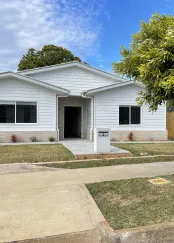
Improved Liveability
Housing that incorporates a high level of physical access provision and additional features to support people with significant physical impairment and very high support needs. These homes are equipped with structural provisions for ceiling hoists, assistive technology, and emergency power solutions to ensure the safety and independence of the residents.
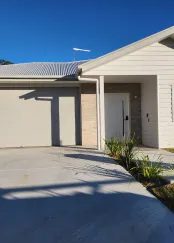
Robust
Housing designed to improve 'liveability' by incorporating a reasonable level of physical access and enhanced provision for people with sensory, intellectual, or cognitive impairment. Features may include luminance contrasts, improved wayfinding, and lines of sight.
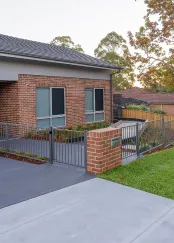
Fully Accessible
Housing that provides a high level of physical access for people with significant physical impairment. This category includes features like wide doorways and corridors, accessible bathrooms, and kitchens, as well as automated features for ease of use.
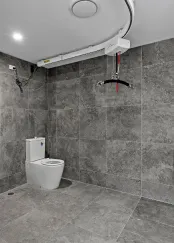
High Physical Support
Housing that incorporates a reasonable level of physical access provision and is designed to be very resilient, reducing the likelihood of reactive maintenance and minimizing risk to the participant and the community. These homes are built to withstand heavy wear and tear and are often used for participants who may exhibit behaviours of concern.
Learn more about the SDA Design Standards on the NDIS website
SDA Participant Assessment
How Participants are Assessed for SDA?
Requirements
Participants are assessed through the NDIS, considering their functional impairment and specific SDA requirements.
Needs
This process ensures that individuals who require specialized accommodation are matched with suitable housing that meets their needs.
Disability
The assessment involves a detailed evaluation of the participant's support needs and the extent of their disability.
SDA Funding Allocation
How SDA Funding is Allocated?
Specialist Disability Accommodation (SDA) funding is a vital component of the NDIS, designed to support individuals with significant disabilities by providing them with tailored accommodation solutions. This funding helps ensure that suitable housing options are available, allowing participants to live independently with the necessary support. The allocation of SDA funding follows a structured process to ensure that resources are efficiently and fairly distributed to meet the diverse needs of eligible individuals.

Eligibility Assessment
After assessment, participants identified as eligible for SDA receive targeted funding for their specific accommodation needs.

Funding and Support Integration
This funding is integrated into the broader NDIS scheme. The Australian Government provides substantial resources to ensure individuals with disabilities have access to suitable housing.

Provision of Accommodation Services
The funding is allocated to accommodation providers responsible for managing and maintaining SDA properties, ensuring high-quality living conditions.
Providers Role
Role of Providers in SDA
Providers play a crucial role in the SDA ecosystem, ensuring that properties meet the necessary standards and are well-maintained. These providers are responsible for a wide range of tasks that go beyond simple maintenance. They work closely with participants, support coordinators, and other professionals to provide tailored housing solutions that enhance the quality of life for individuals with disabilities.
By collaborating with a network of experts, they are able to address the unique needs and preferences of each participant, ensuring that the housing solutions are not only functional but also comfortable and conducive to the well-being of the residents.
Additionally, providers often engage in continuous improvement practices, regularly assessing and upgrading properties to meet evolving standards and participant needs. This holistic approach underlines their commitment to delivering high-quality, accessible living environments that support the independence and dignity of individuals with disabilities.


Ongoing Care
Continuous Support for SDA Residents
Providers work diligently to ensure residents receive ongoing support tailored to their evolving needs. This includes conducting regular and thorough assessments to adapt services and accommodations as necessary.
By doing so, they can identify any changes in the residents' conditions and promptly address them, ensuring a consistently high standard of care and quality of life. Additionally, these assessments help in planning personalized care strategies that cater to the unique requirements of each resident, thereby promoting their overall well-being and satisfaction.

Discover More About SDA
It is important for participants and their families to stay informed about the latest developments in SDA to ensure they are receiving the best possible support. Regular updates and resources can be found through the NDIS website and other related platforms.
To learn more about Specialist Disability Accommodation and how it
supports individuals with disabilities, visit the NDIS website for
comprehensive information and resources.

